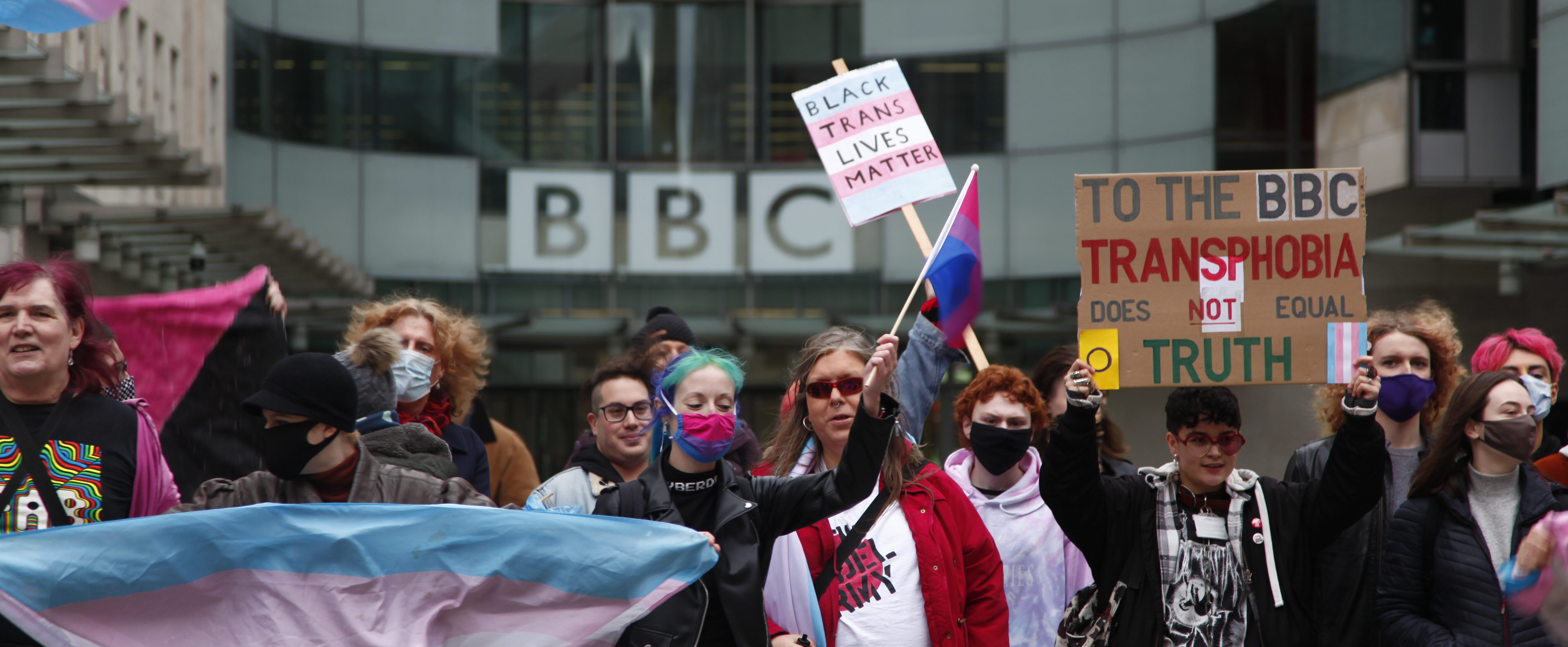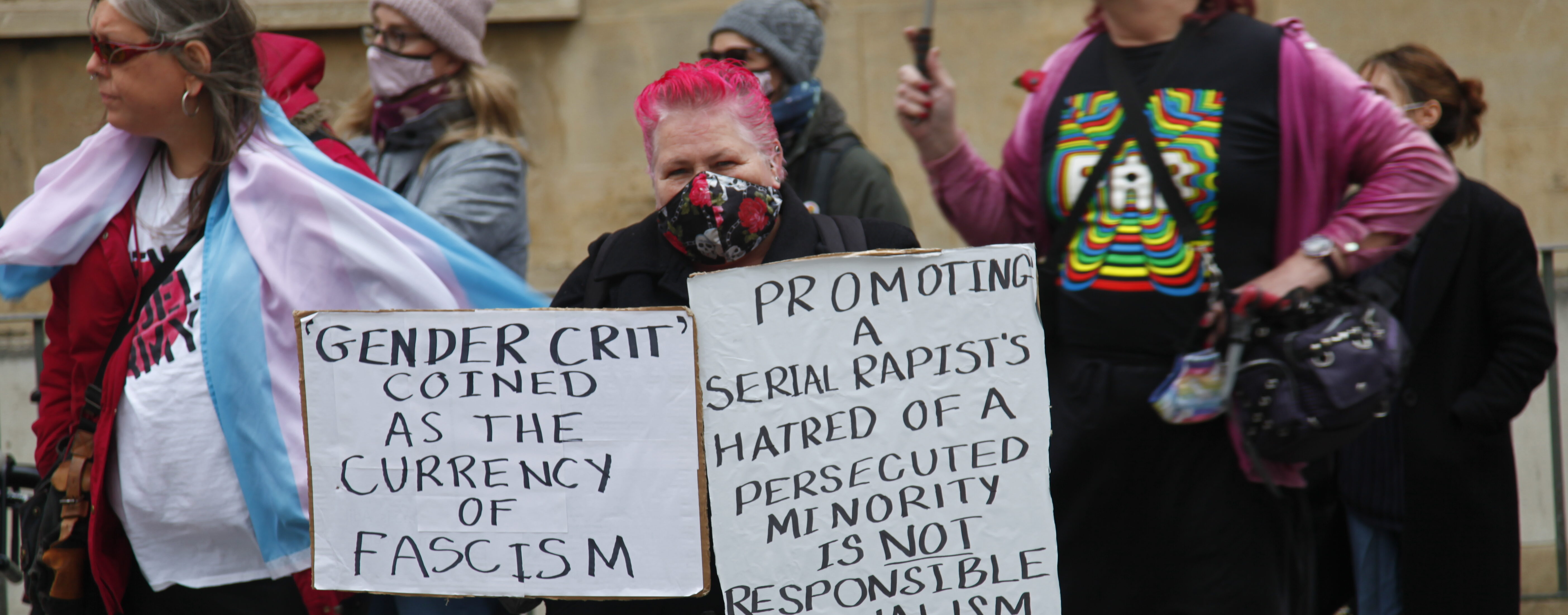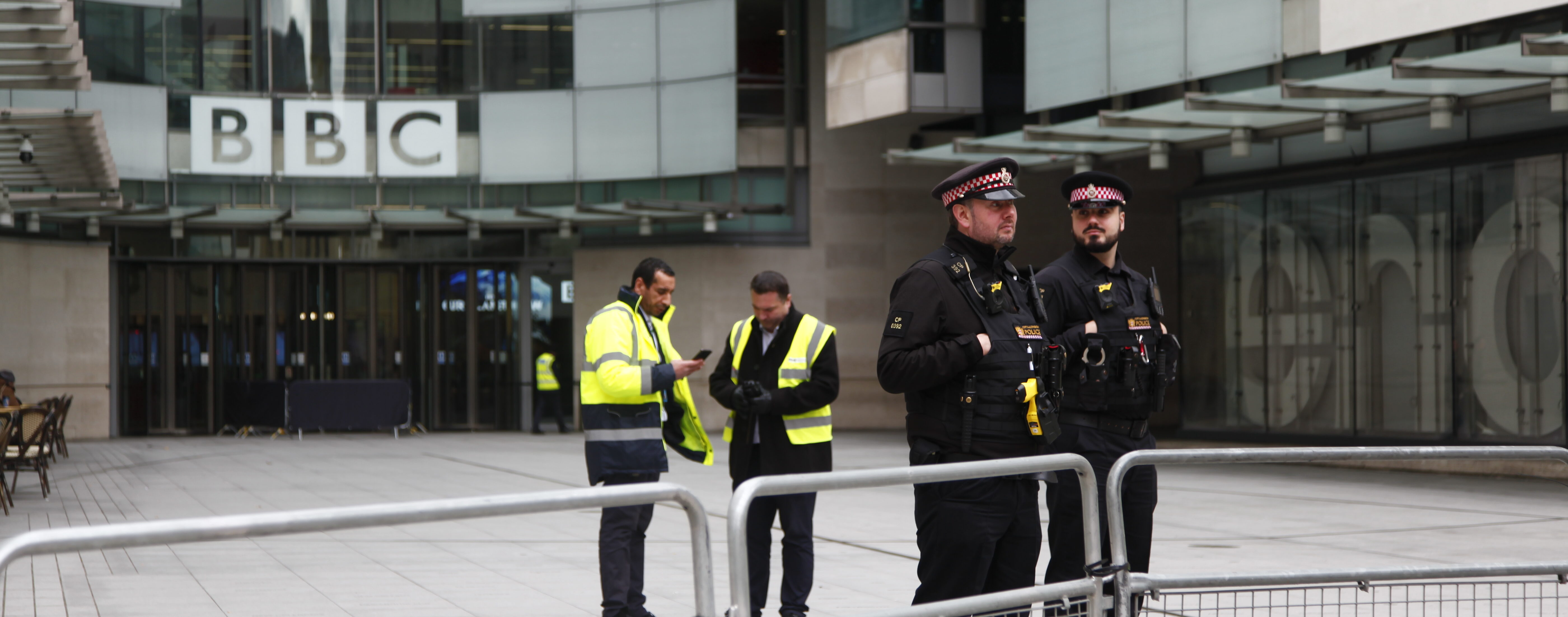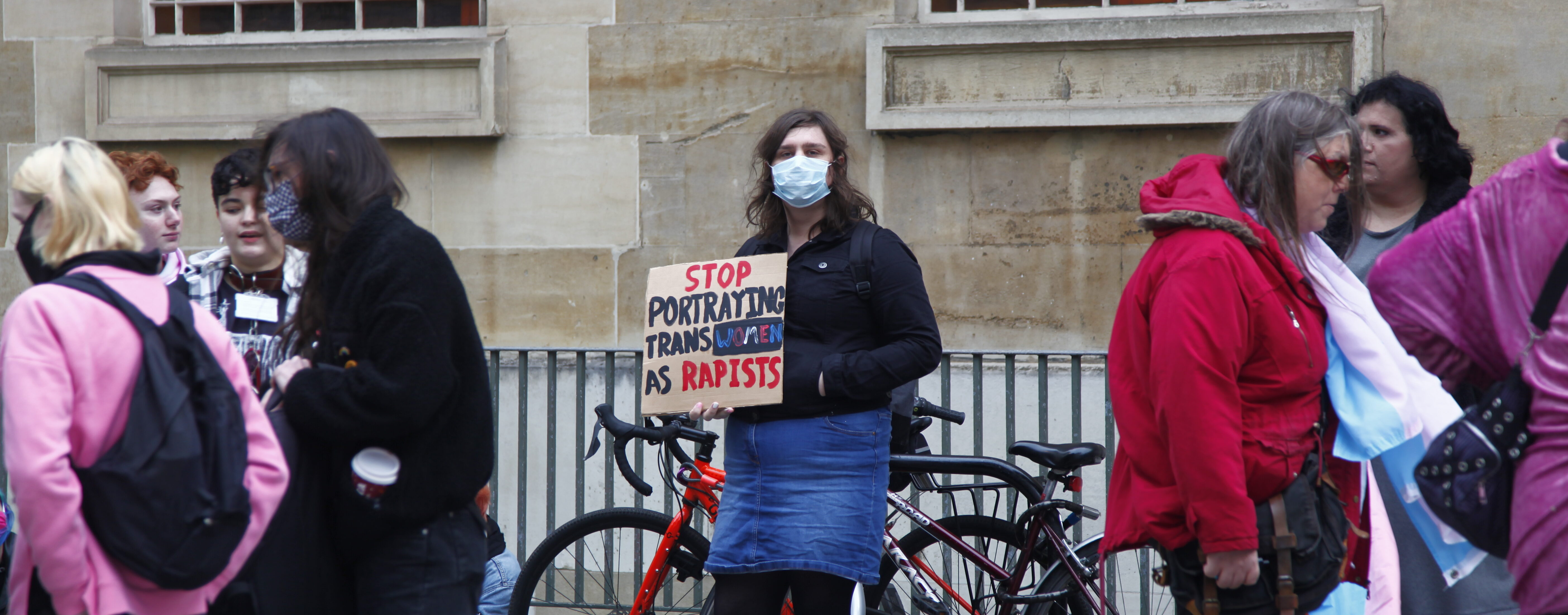

The BBC released a statement confirming they will step back from LGBTQ+ charity Stonewall’s Diversity Champions Programme last week, adding to the current outrage and debate about their potential mishandling of LGBTQ+ issues.
This withdrawal has come out in response to a recent controversy over the BBC’s publication of an article that alleged lesbian women are being pressured into sex by some trans women.
BBC director general Tim Davie told The Guardian that coverage of transgender issues should meet impartiality standards, requiring the inclusion of critical voices, and that it was “unquestionable” that the programme affected the organization’s impartiality.
More than 20,000 people signed an open letter to the BBC asking for “a sincere apology, [and an] amendment of the article to clarify the falsehoods and damage within”.
The letter pointed out that the BBC only used voices from the anti-trans community in the article, and that the online survey the article was based off was flawed because of its small sample size, representing only 80 women.
On November 1, the BBC replied to several complaints, stating that the article “went through a rigorous editorial review process”, adhering to their principle of impartiality.
Later, the organization removed the contribution of the only named source from the piece – former adult actress Lily Cade, who expressed extremely transphobic comments on her website after the publication of the article.
An organized movement of people unsatisfied with the BBC’s response took to the streets later that week to protest outside the company headquarters.
Sarah Jane Baker, a protester and member of the transgender community, said: “I only want facts, and want the BBC to reflect what is happening with the transgender community.”
Georgia Q, another protester, said though there are incidents of trans women pressuring women into sex, it was being misrepresented as a common phenomenon: “I, as a lesbian, have never faced that and none of the lesbians I know have faced that.”
To Georgia, the issue with the article was obvious: “The BBC didn’t speak to more gay people like me,” she said.
Various online responses to the BBC’s withdrawal from the Diversity Champions Programme agreed that the organization should reflect on how its LGBTQ+ employees felt about the move, and that the decision would lead to “difficulties attracting and retaining diverse talent”.
While 20% of the BBC’s senior leadership is currently LGBTQ+ representative, according to a 2020 report, the median pay gap between LGBTQ+ and non-LGBTQ+ employees has actually increased by 3.4%.
Stonewall responded to the BBC in a statement calling it “a shame” they decided to leave the programme, but vowed to “continue to engage with the BBC to champion support for LGBTQ+ colleagues”.


